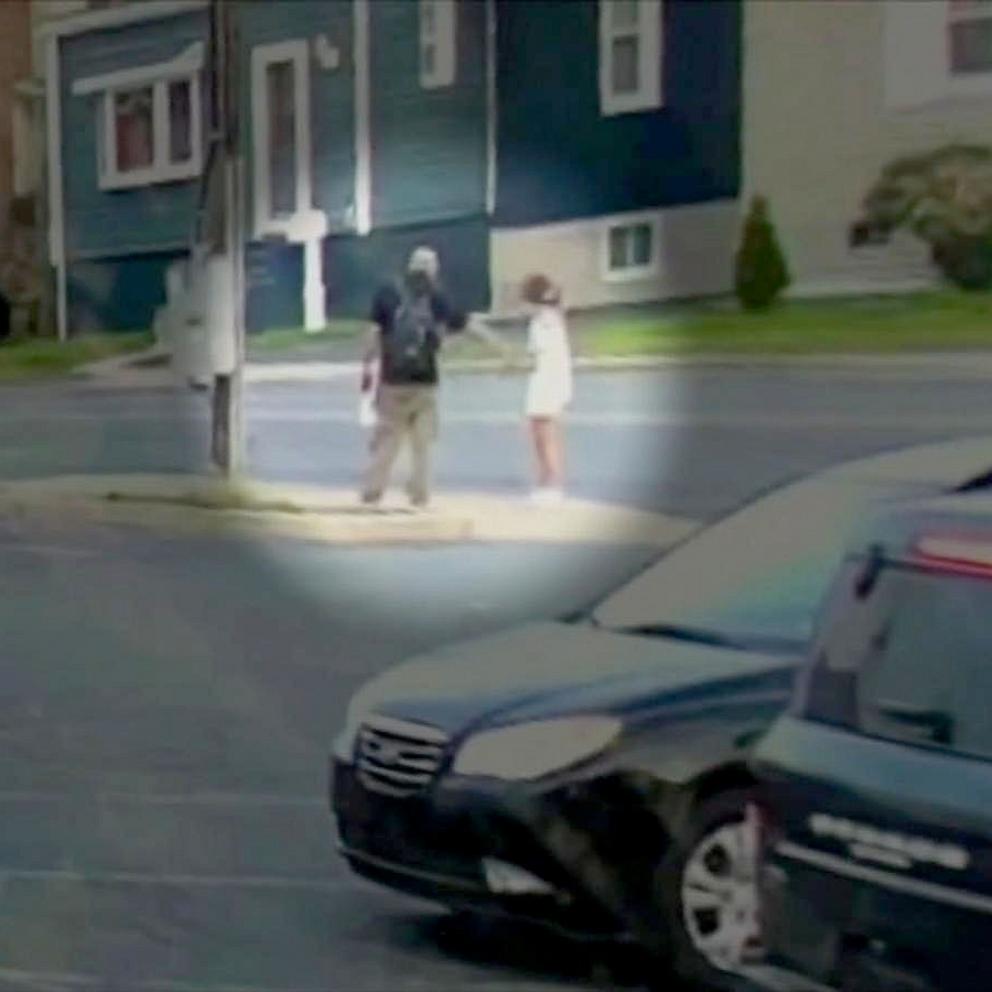Pennsylvania governor announces automatic voter registration in key swing state
Pennsylvania Gov. Josh Shapiro announced Tuesday -- which is National Voter Registration Day -- that the state will now automatically register residents to vote while getting their driver's license or state I.D.
"I made a commitment when I was campaigning for this office that we would bring automatic voter registration to Pennsylvania and break down the barriers for legal eligible voters," Shapiro said in a video posted on social media.
"This is a key step to make our elections more secure," he said.

Automatic voter registration (AVR) is the process by which people are automatically registered to vote as they enter their personal information into other government agencies, such as a Department of Motor Vehicles. Residents have the choice to opt out of being registered.
A Pennsylvania Department of State spokesperson told ABC News that people who are not eligible to vote will not be presented with the voter registration screen during any of the DMV processes.
Jessie Allen, a law professor at the University of Pittsburgh, told ABC News that voter registration could help enroll people who would otherwise forget to register to vote. People who would have instead scrambled to register close to Election Day will not have to worry about their status, she said.

"If you have to take an affirmative step to do it, then you might wind up being closed out of an opportunity that you're otherwise eligible for; you just haven't checked the box. This way, if you're automatically registered, because you have a driver's license, and you realize two weeks before an election, you want to vote; you'll be able to vote," Allen said.
It also could help with voting record accuracy, Allen said.
"Voter records are already often linked with motor vehicles, because they want people to be accurate. So this way, for example, if somebody changes, addresses, or gets married and changes their name, and goes and gets a new driver's license, it would automatically update the voting record, and make it more accurate."
But some criticized the move, arguing there could be downsides to expanding the pool of voters.
"Making it easier for uninterested, uninformed people to wield political power will inevitably lead to terrible political choices. It expands the pool of citizens to conscript into jury duty, and gives more votes to harvest," the Libertarian Party of Pennsylvania said.
Previously, 24 states (including the District of Columbia) had implemented AVR, according to the National Conference of State Legislatures.
And with Pennsylvania being a battleground state, AVR could be a major factor for Pennsylvania voters heading into the 2024 election.
"Part of the reason why this is somewhat of a big story is that Pennsylvania was also one of the states that was being pretty heavily challenged in terms of voting in the 2020 presidential election," William Rosenberg, a political science professor at Drexel University, told ABC News.

Although Pennsylvania flipped blue in 2020 without AVR, Rosenberg says that AVR could still be seen as a disadvantage to Republicans, because "when it becomes easier and easier to vote, it's to the disadvantage of Republican candidate, because that means that there's likely to be more turnout, particularly among Democrats that might be somewhat disadvantaged by the prior restrictions that are in place."
Pennsylvania's governor framed AVR as being important for the state's future.
"Now more than ever, we need an engaged citizenry to move our country and our commonwealth forward," Shapiro said in the video posted to social media.




